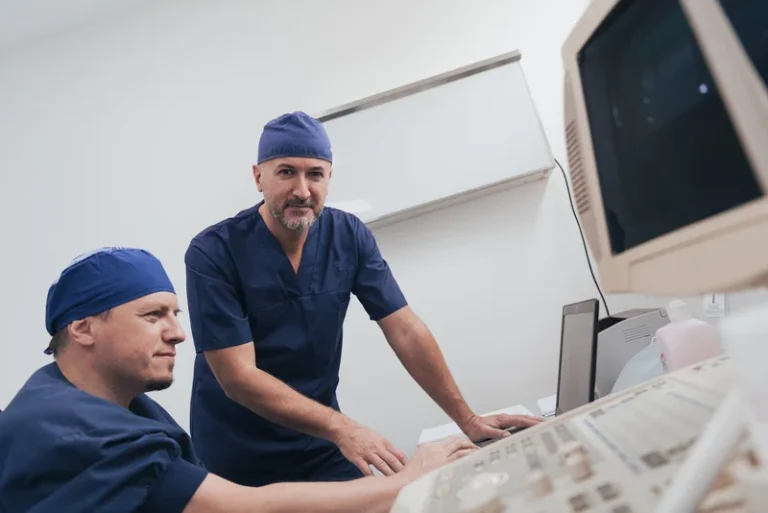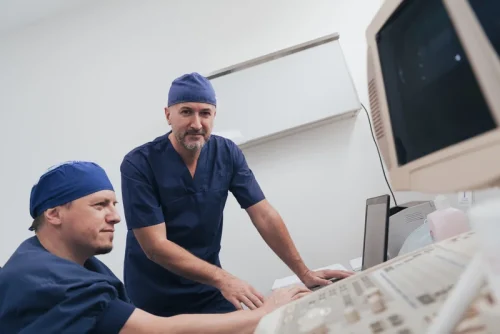
Many people desire only to moderate use and bring it under control. In fact, there is growing support for what is called harm reduction, which values any moves toward reducing the destructive consequences of substance abuse. Researchers find that taking incremental steps to change behavior often motivates people to eventually choose abstinence. Nevertheless, many treatment programs, including Alcoholics Anonymous, require a commitment to complete abstinence as a condition of admission. Research and clinical experience have identified a number of factors that promote recovery. Another is reorienting the brain circuitry of desire—finding or rediscovering a passion or pursuit that gives meaning to life and furnishes personal goals that are capable of supplanting the desire for drugs.
Why Cocaine Is So Addictive
- The symptoms of cocaine withdrawal are often mild and not life threatening.
- For some individuals, certain symptoms, especially cravings or mood disturbances, can persist for a significant amount of time.
- • Identity—shifting towards a new, positive view of oneself, one more aligned with one’s deeper values and goals, one built on self-confidence gained by acquiring new skills and new behaviors.
It’s okay if it happens, but it’s also something you can proactively work to prevent. You may practice these skills in professional treatment, like joining a relapse prevention group in rehab. Therapy can cocaine addiction treatment teach you how to regulate your emotions and how you respond to them. You can also keep a few strategies in hand to mitigate a relapse before it happens.
Don’t Continue Your Old Lifestyle
During this time, a person experiences mood symptoms, cravings, irritability, trouble sleeping and intense cravings. Relapse is common during this phase because of the intensity of symptoms. These cravings can persist and may last weeks even after a person has quit cocaine. When a person takes a stimulant like cocaine after heavy or binge use, they reach a point where they can no longer experience a high. This is because a high comes from excess levels of the neurotransmitter dopamine in the brain.

Duration of Withdrawal

This article will explore cocaine withdrawal in more detail, ranging from what causes cocaine withdrawal, the symptoms you might experience, and what treatments are available for those experiencing cocaine withdrawal. This can be life threatening, and people can benefit from medical supervision. Medical professionals can supervise, help manage symptoms, and monitor for any complications. There is help available, and you don’t have to recover from cocaine addiction alone. Call to speak to an admissions navigator today and begin getting immediate support for your stimulant recovery. Cocaine withdrawal is commonly experienced by those who become dependent on this drug.
- Individuals can also consider taking multivitamin supplements that contain B-group vitamins and vitamin C.
- You may practice these skills in professional treatment, like joining a relapse prevention group in rehab.
- Cocaine addiction treatment includes inpatient treatment and outpatient options, both of which include education, counseling, and therapies to help guide patients toward long-term recovery and sobriety.
- Even if the trigger led to a relapse, you’ve still gained a tool for your future recovery and sobriety.
- Many people are caught in a vicious cycle of using alcohol or cannabis to fall asleep and then nicotine, caffeine, and sugar to be more alert.
- Understanding cocaine withdrawal and what you should do if you’re experiencing symptoms.
What to Expect from Cocaine Detox and How to Get Professional Help
Use the information below to contact us and begin your recovery journey. This is what causes a cycle of dependency, leading to cocaine addiction. The more you use cocaine, the more your brain will become accustomed to its effects. And when it’s suddenly taken away, your body will respond with a range of physical and psychological symptoms.
- You should stay away from others who use drugs, especially old friends who may tempt you to use again.
- Experts have studied cocaine withdrawal for years but have not developed a taper strategy for cocaine, whether by using less of the drug itself or a replacement substance.
- Group therapy allows for those in recovery to meet peers to discuss their experiences and support one another.
- Seek emergency care if you experience any of the above symptoms.
- A recovering cocaine addict has described receiving hundreds of messages from people seeking help after her podcast was listened to 12 million times in three months.
- Ocaine overdose can occur when you take high doses of cocaine, impacting multiple organs in the body.
Common Cocaine Nicknames and Street Names
Contact one of our caring admissions navigators at to learn more about the treatment options that might be best suited for your needs. Cocaine is a highly addictive substance that can cause withdrawal symptoms during detox, including agitation, fatigue, depression, and more. Cocaine detox can start as soon as 24 hours after the last dose, and it can take more than 1 to 2 weeks for acute withdrawal symptoms to stop.
- Recovery is a lifelong process, but there are many resources and communities available to help you stay on that path.
- Research has identified relapse patterns in adolescents and adults recovering from addiction.
- Cocaine dependence can develop at different rates in different people; genetics might play a significant role in how quickly someone becomes dependent on cocaine after their initial use of this drug.
- The timeline of cocaine withdrawal is often broken down into phases.
Treatment for cocaine: where to start
Individuals with experience and expertise may find a route to full employment by first being willing to offer their skills pro bono or as a volunteer to businesses or nonprofit organizations in their field. In addition, self-care is a vital foundation for a healthy new identity. At the very least, self-care should include sleep hygiene, good nutrition, and physical activity.
Detoxification Approaches
Crack cocaine, also known as “crack” or “rock,” is a form of processed solid cocaine that can be smoked. Since the effects of crack cocaine don’t typically last as long as regular cocaine, withdrawal symptoms may start sooner, sometimes within just a few hours after it was last used. For people with addictions to drugs like stimulants or cannabis, no medications are currently available to assist in treatment, so treatment consists of behavioral therapies. Treatment should be tailored to address each patient’s drug use patterns and drug-related medical, mental, and social problems. Unlike heroin and opioid drugs, there are no medications used to treat cocaine addiction. The treatment is focused on detoxification (also referred to as detox) and behavioral therapies.
Dependence Formation

You’ll usually be able to commence with addiction therapy as soon as you are physically able to do so, following detox. Cocaine withdrawal can cause intensive depressive symptoms, along with negative thoughts and suicidal ideation. Though stimulant withdrawal may not always be severe, it can still be unpleasant for someone enduring it—and could complicate their attempts at recovery. They offer both in-person and online meetings and recovery programs. LifeRing’s website states that the organization is dedicated to providing a safe meeting space where people can experience a nonjudgmental recovery conversation with their peers. LifeRing is a secular recovery organization that aims to help people share practical experiences and access sobriety support.

Different types of medications may be useful at different stages of treatment to help a patient stop abusing drugs, stay in treatment, and avoid relapse. For example, you may need medication for the treatment of abrupt or severe changes in your blood pressure. You might need counseling, supervision, and medication if you develop depression and suicidal ideation. There are a number of complications of cocaine addiction, and they can differ depending on your method of using the drug. Understanding cocaine withdrawal and what you should do if you’re experiencing symptoms. Prolonged cocaine use causes your body to adjust to these elevated levels of brain chemicals.
